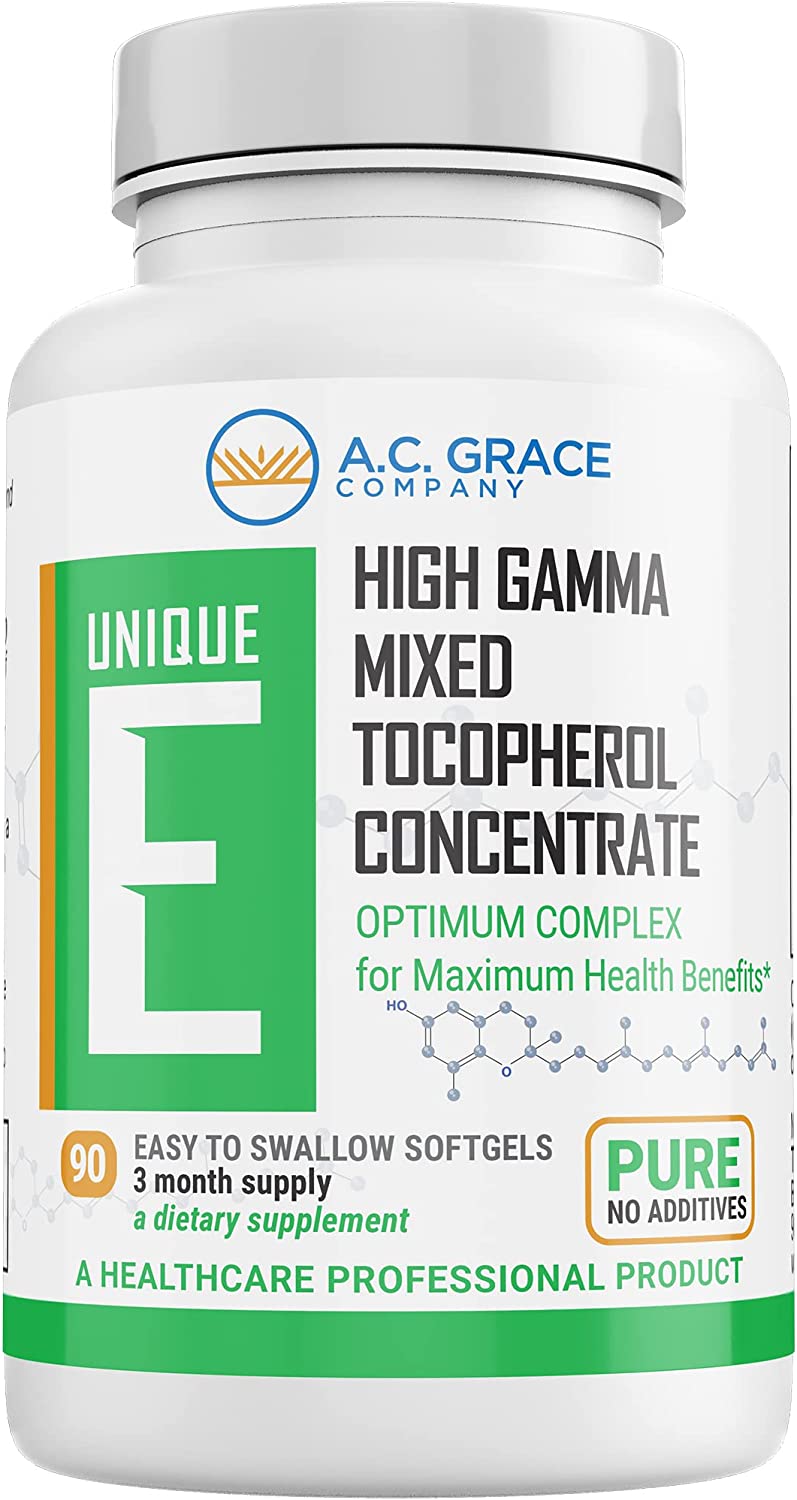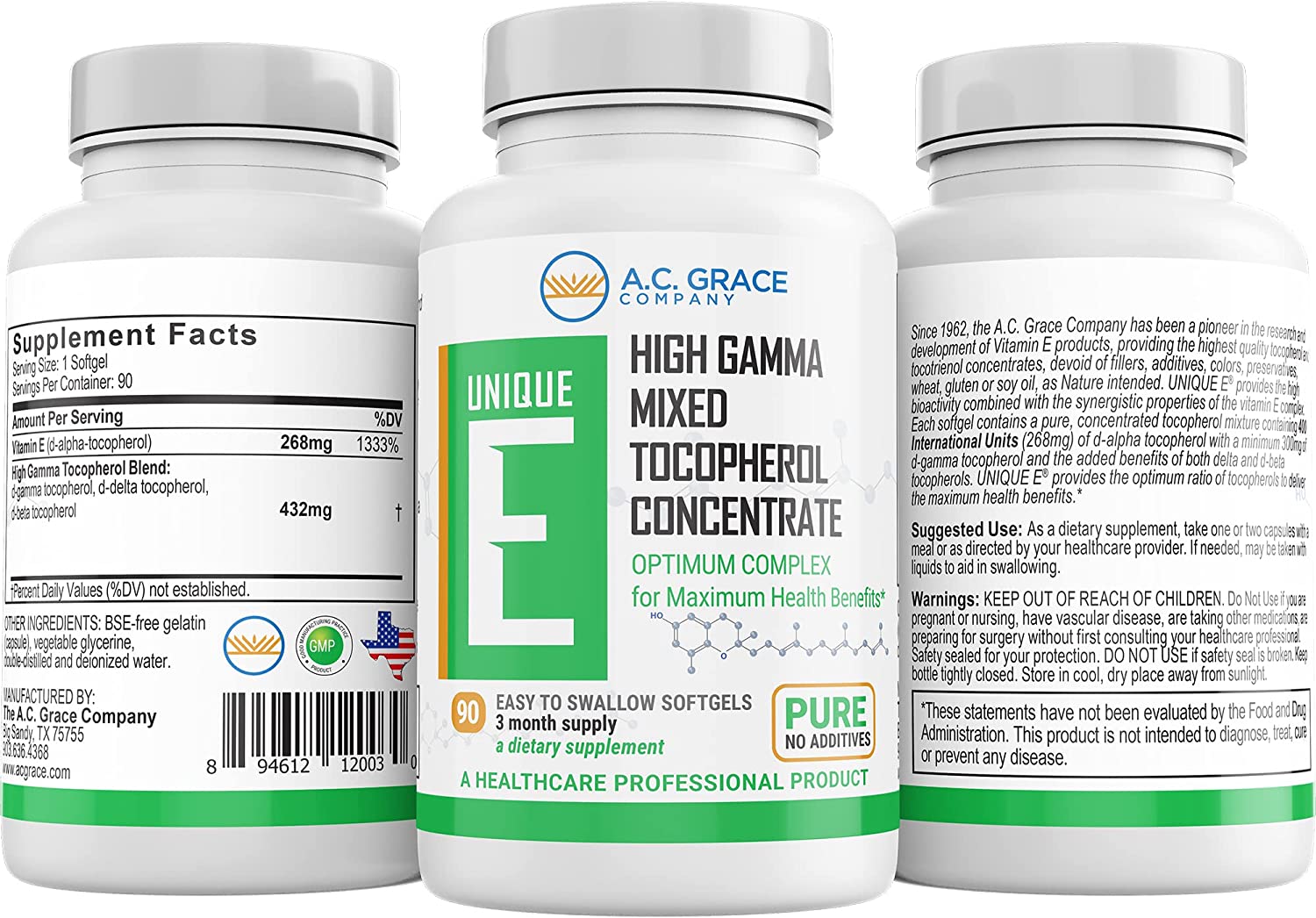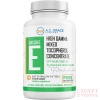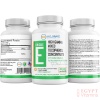Tocopherol complex Vitamin E
In the world of nutrition, tocopherol concentrate, commonly known as vitamin E, plays a crucial role in maintaining optimal health.
Tocopherol complex this fat-soluble antioxidant is renowned for its ability to protect cells from oxidative damage, supporting various bodily functions.
Understanding Tocopherol complex
1- What is Tocopherol? Define tocopherol and its role as a potent antioxidant.
Types of Tocopherol complex
Tocopherol, renowned as vitamin E, manifests itself in diverse forms, each imbued with distinctive properties.
The primary iterations of tocopherol encompass alpha-tocopherol, beta-tocopherol, gamma-tocopherol, and delta-tocopherol.
Let’s delve into the dynamic characteristics of each:
Alpha-Tocopherol:
- Function: Exhibiting unparalleled biological activity, alpha tocopherol stands out for its potent antioxidant capabilities, safeguarding cells from oxidative harm.
- Sources: Abundantly present in an array of foods, including nuts, seeds, and vegetable oils, notably sunflower, safflower, and wheat germ oils, as well as leafy green vegetables.
Beta-Tocopherol:
In the symphony of vitamin E forms, beta-tocopherol assumes its role, contributing to the orchestra of antioxidant activity, albeit with a subdued intensity compared to its alpha counterpart.
- Function: Participating in the antioxidant chorus, beta-tocopherol plays a vital role, albeit with a degree of activity slightly less pronounced than that of alpha-tocopherol.
- Sources: Commonly distributed throughout foods such as nuts, seeds, and various vegetable oils.
Gamma-Tocopherol:
Stepping into the limelight, gamma-tocopherol distinguishes itself with anti-inflammatory attributes, venturing beyond the realm of alpha-tocopherol’s antioxidant effects.
- Function: Carrying the torch of anti-inflammatory prowess, gamma-tocopherol expands its reach, showcasing potential health benefits beyond the confines of traditional antioxidant effects.
- Sources: Flourishing in specific foods like nuts, seeds, whole grains, and select vegetable oils like soybean and corn oil.
Delta-Tocopherol:
In the backdrop, delta-tocopherol, while less explored compared the alpha and gamma counterparts, makes its presence felt,
contributing substantively to the overarching antioxidant prowess of vitamin E.
- Function: Despite residing in the shadows of alpha and gamma forms, delta-tocopherol makes a meaningful contribution to the comprehensive antioxidant capacity of vitamin E.
- Sources: Discovered in foods such as nuts, seeds, and an array of vegetable oils.
Health Benefits of vitamin e benefits
1- Antioxidant Properties Discuss how tocopherol combats oxidative stress, protecting cells from damage.
2- Cardiovascular Health Explore tocopherol’s role in promoting heart health by preventing the oxidation of low-density lipoprotein (LDL) cholesterol.
3- Skin Health Highlight the benefits of tocopherol for skin, including its role in preventing premature aging and supporting skin repair.
4- Immune System Support Discuss how tocopherol strengthens the immune system, aiding in the body’s defense against infections.
5- Neurological Health Explore the potential neuroprotective effects of tocopherol and its role in maintaining cognitive function.
Dietary Sources of Tocopherol complex
1- Natural Food Sources Identify foods rich in tocopherol, including nuts, seeds, vegetable oils, and leafy green vegetables.
2- Supplements Briefly discuss the option of vitamin E supplements for those who may have difficulty meeting their Vitamin E needs through diet alone.









Reviews
There are no reviews yet.